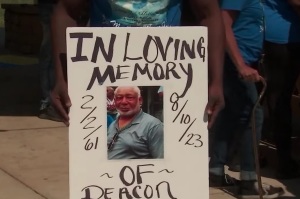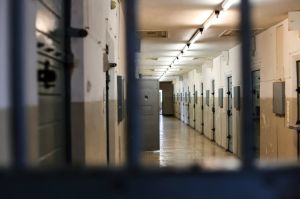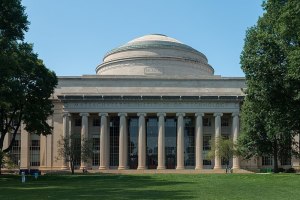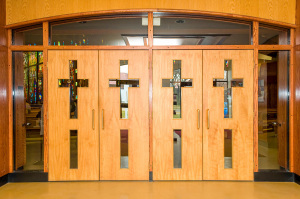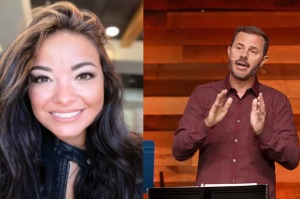The Christian Post's top 10 news stories of 2021 (part 2)
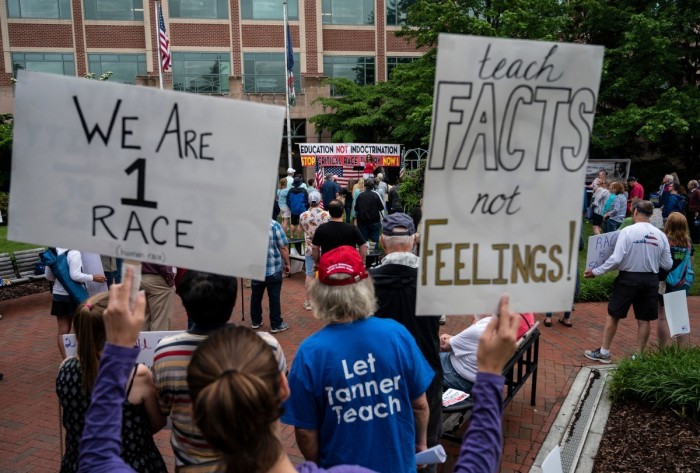
2. Public schools’ embrace of critical race theory, sexually explicit material leads to parental outcry, Youngkin victory
The topic of education dominated the headlines in 2021, as parents across the United States made clear their objections to some of the material their children were learning in schools.
Parents across the U.S. descended on school board meetings to express opposition to the teaching of critical race theory in schools and the inclusion of sexually explicit books, including ones promoting pedophilia, as part of the curriculum. School district policies requiring students to wear masks during the ongoing coronavirus pandemic and allowing students to use bathrooms that correspond with their gender identity as opposed to their biological sex also become sources of contention.
Encyclopedia Britannica defines critical race theory as “an intellectual movement and loosely organized framework of legal analysis based on the premise that race is not a natural, biologically grounded feature of physically distinct subgroups of human beings but a socially constructed (culturally invented) category that is used to exploit and oppress people of color.” However, the origins of CRT are clear stated as the "Frankfurt School, Freudo-Marxism.”
The most prominent example of critical race theory is the highly criticized 1619 Project, a collaboration between The New York Times and The Pulitzer Center that portrays 1619, the year the first African slaves arrived at the British Colonies, as the pivotal moment in the nation’s founding as opposed to 1776, the year that the 13 colonies declared independence from Great Britain. The project views the arrival of slaves as the factor that influenced all subsequent events throughout American history.
Loudoun County, Virginia, located outside Washington, D.C., became ground zero for opposition to critical race theory and sexually explicit material in schools. In the spring, parents read aloud sexually explicit books their children are required to read in an honors English class.
At the June 22 school board meeting, parents spoke out forcefully about the policy that would allow trans-identified students to use bathrooms and locker rooms that correspond with their chosen gender identity, instead of their biological sex. The meeting was declared an “unlawful assembly” and at least two parents who attended the meeting were arrested. The Loudoun County School Board passed the transgender bathroom policy in August.
Another county outside Washington, D.C., Fairfax County, Virginia, also came under fire for its embrace of curriculum that many parents viewed as troubling. Stacy Langton, the mother of a student who attends the county’s public schools, read aloud excerpts of Gender Queer and Lawn Boy at the district’s Sept. 9 school board meeting.
Both books contain graphic images and descriptions of characters performing various sexual acts on each other. The storyline in one of the books involves the crime of a minor performing a sex act on an adult.
In addition to reading aloud text from the books, Langton presented some pictures from the books to the school board and successfully requested that the district pull the books from the shelves and conduct an investigation. The district complied and the books remained off the shelf until they were recently reinstated.
As a result of parental outrage in Loudoun and Fairfax Counties, two of Virginia’s most populous subdivisions, education and the accompanying concerns about critical race theory and school curriculum emerged at the forefront of the Virginia gubernatorial election. At a debate with his Republican opponent Glenn Youngkin, Democratic candidate Terry McAuliffe said, “I don’t think parents should be telling schools what they should teach.”
Election results from Politico show that Youngkin beat McAuliffe by a margin of roughly 2 percentage points in a state that Democratic President Joe Biden won by more than 10% in the 2020 presidential election. Republicans swept all three statewide offices in Virginia and took control of the House of Delegates back from the Democrats.
The debate about education reached a national climax when the National School Boards Association likened concerned parents to domestic terrorists, penning a letter to the Biden administration requesting “federal assistance to stop threats and acts of violence against public school children, public school board members, and other public school district officials and educators.” Specifically, the association of school boards sought assistance from federal agencies to combat “acts of violence, threats and malice.”
Examples of problematic behavior cited in the letter include anti-mask proponents “inciting chaos at board meetings,” the confrontation of school board members by “angry mobs” and a man who identified himself as “vaccine police” calling school administrators on Facebook Live. NSBA leadership compared these actions to a form of “domestic terrorism.” While the NSBA issued an apology and took the letter offline, the backlash continued as several state affiliates of the educational organization severed ties with the NSBA in protest of the letter.
As parents and community members spoke out against critical race theory and sexually explicit material in schools, several advocacy groups emerged throughout 2021. Nicole Neily, founder of Parents Defending Education, attributed the increased outcry over critical race theory in education to the widespread implementation of “distance learning” due to the coronavirus pandemic.
Neily told CP in an interview earlier this year that parents “saw what their children were learning on a regular basis because classrooms were then in their living rooms.” She described her organization as a “national grassroots organization working to reclaim our schools from activists pushing harmful agendas.”
The 1776 Project PAC, founded by conservative political commentator Ryan James Girdusky, supports school board candidates who explicitly oppose critical race theory. Candidates supported by the 1776 Project PAC performed very well in the 2021 elections. In a Substack piece published Nov. 30, the 1776 Project PAC reported that 41 of 57 candidates it endorsed won their respective school board races.
Girdusky elaborated on the importance of school boards in an interview with The Christian Post, noting that “they can hire superintendents, negotiate with the schools” and “pick out which textbooks … are acceptable” as well as “which outside reading material is acceptable.” In addition to supporting school board candidates, the 1776 Project PAC seeks to create “a more patriotic curriculum.” Girdusky cited Hillsdale College as an example of an institution “working on creating an alternative curriculum in history.”
Ryan Foley contributed to this report
















